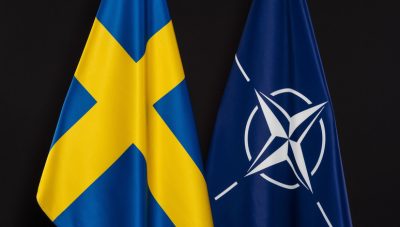Sweden to Change Constitution to Allow 8 Years in Prison for Revealing Relations with NATO

All Global Research articles can be read in 51 languages by activating the Translate Website button below the author’s name.
To receive Global Research’s Daily Newsletter (selected articles), click here.
Follow us on Instagram and Twitter and subscribe to our Telegram Channel. Feel free to repost and share widely Global Research articles.
***
Swedish MPs to vote on changed ‘free press’ rights in constitution
By The Local, November 16
Sweden’s parliament is set to vote on Wednesday on a new law on “foreign espionage” which will limit the constitutional rights to press freedom and free expression for media organisations and individuals which publish “secret information”.
To change the constitution in Sweden, parliament must vote through the proposal twice, once on either side of a general election. As parliament already passed the controversial law for the first time back in the spring, Wednesday’s vote, if it (as seems likely) is in favour, will mean the changes take place.
Under the new law, ‘gross foreign espionage’ comes with a potential jail sentence of up to eight years….
Under the new proposal, publications which reveal secret data which impacts on Sweden’s relationships with international organisations such as the UN, or Nato….could be viewed as guilty of foreign espionage.
***
[T]he press freedom group Svenska Pen, Swedish Union of Journalists, the heads of SVT and SR, and representatives for other publications, said that the new law “risked having an inhibitory effect on whistleblowers and other important sources for investigative journalists”.
They named the decision of the Swedish UN diplomat Anders Kompass to blow the whistle on UN troops raping children in the Central African Republic, the SVT investigation on UN troops torturing prisoners in the Congo, and SR’s story revealing the Swedish Defence Research Agency’s plans to help Saudi Arabia build a weapons factory as stories which might not have been possible if the new law had been in place.
“With a change in the constitution like this, even Turkey’s President Recep Tayyip Erdogan would be able to dictate what the Swedish media can publish or not publish,” they wrote.
*
Note to readers: Please click the share buttons above. Follow us on Instagram and Twitter and subscribe to our Telegram Channel. Feel free to repost and share widely Global Research articles.
Featured image is from Anti-bellum

